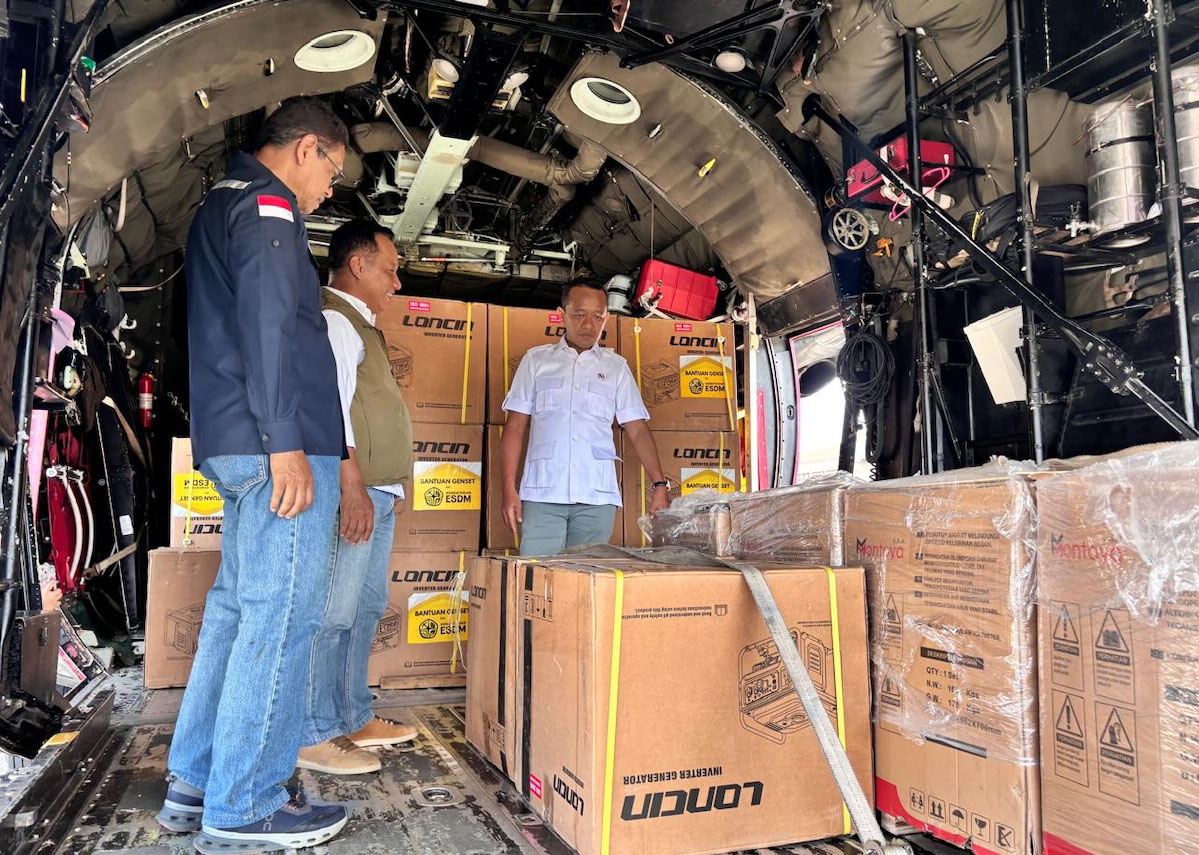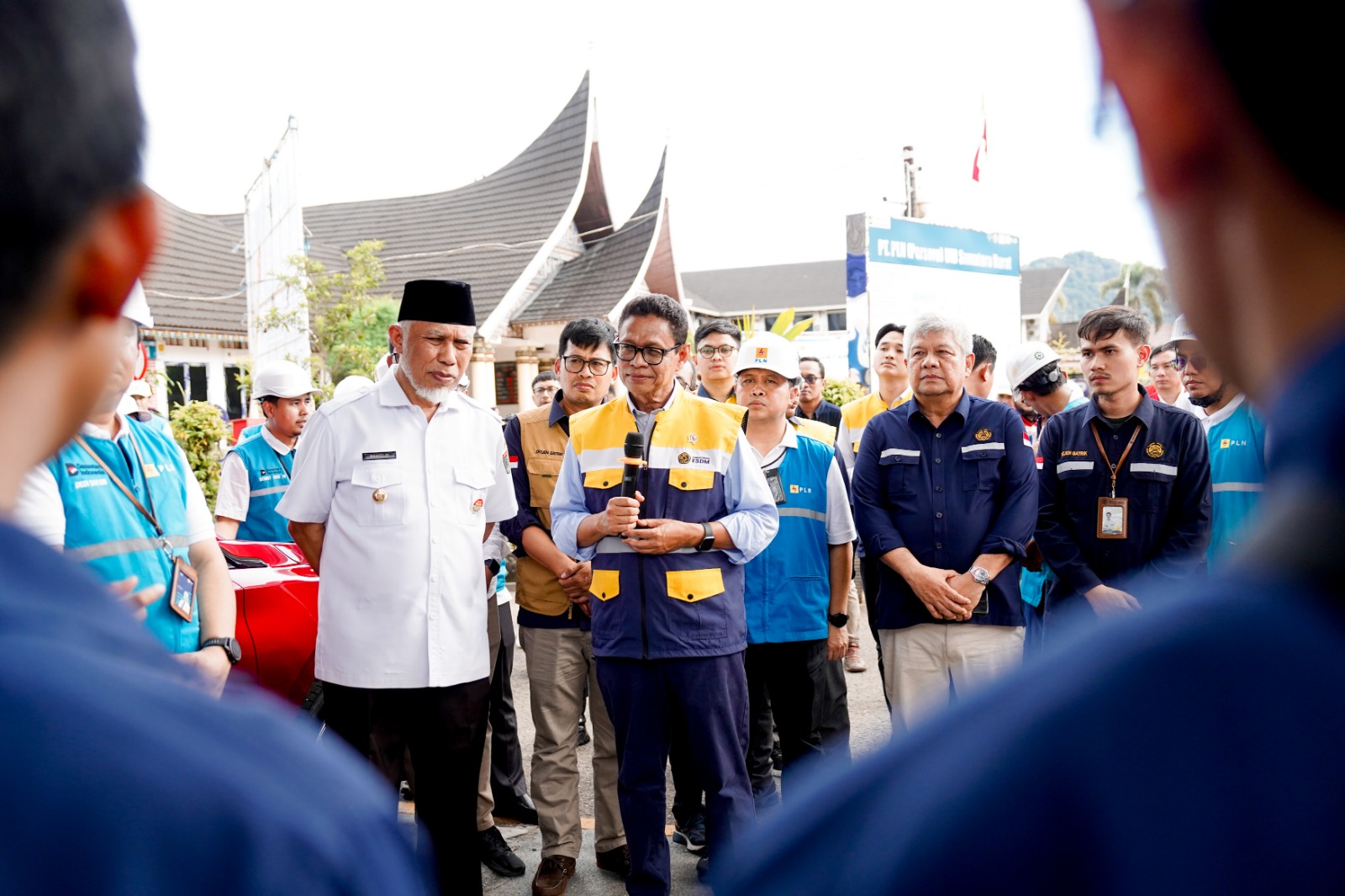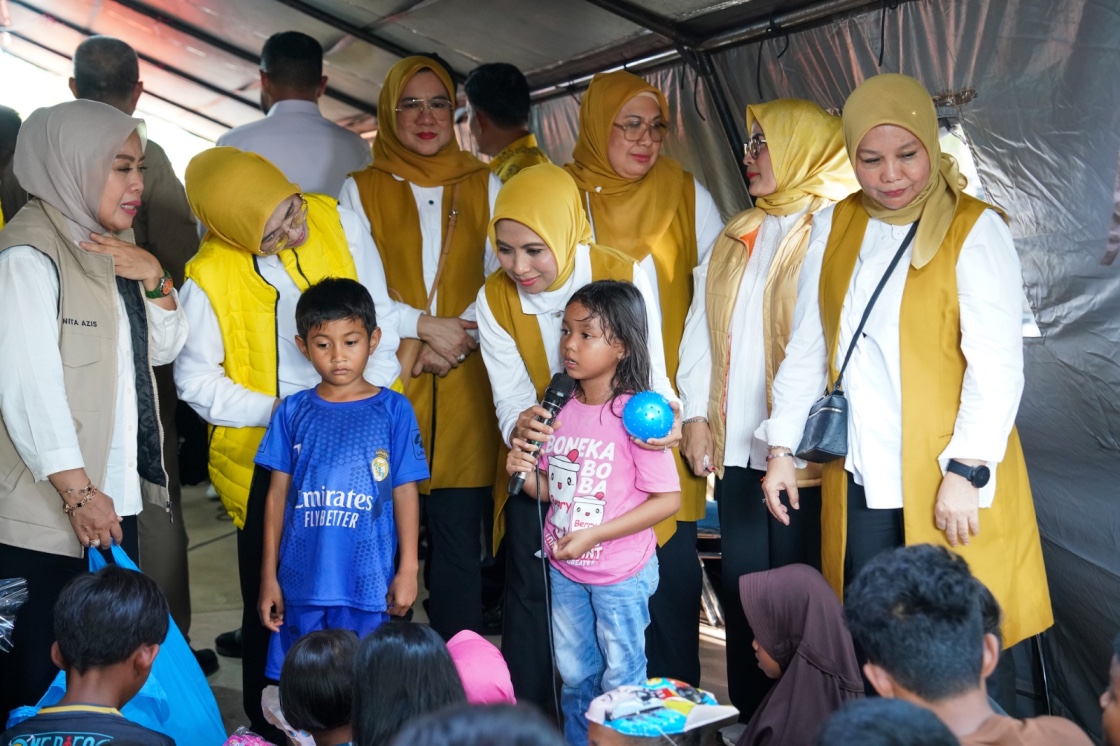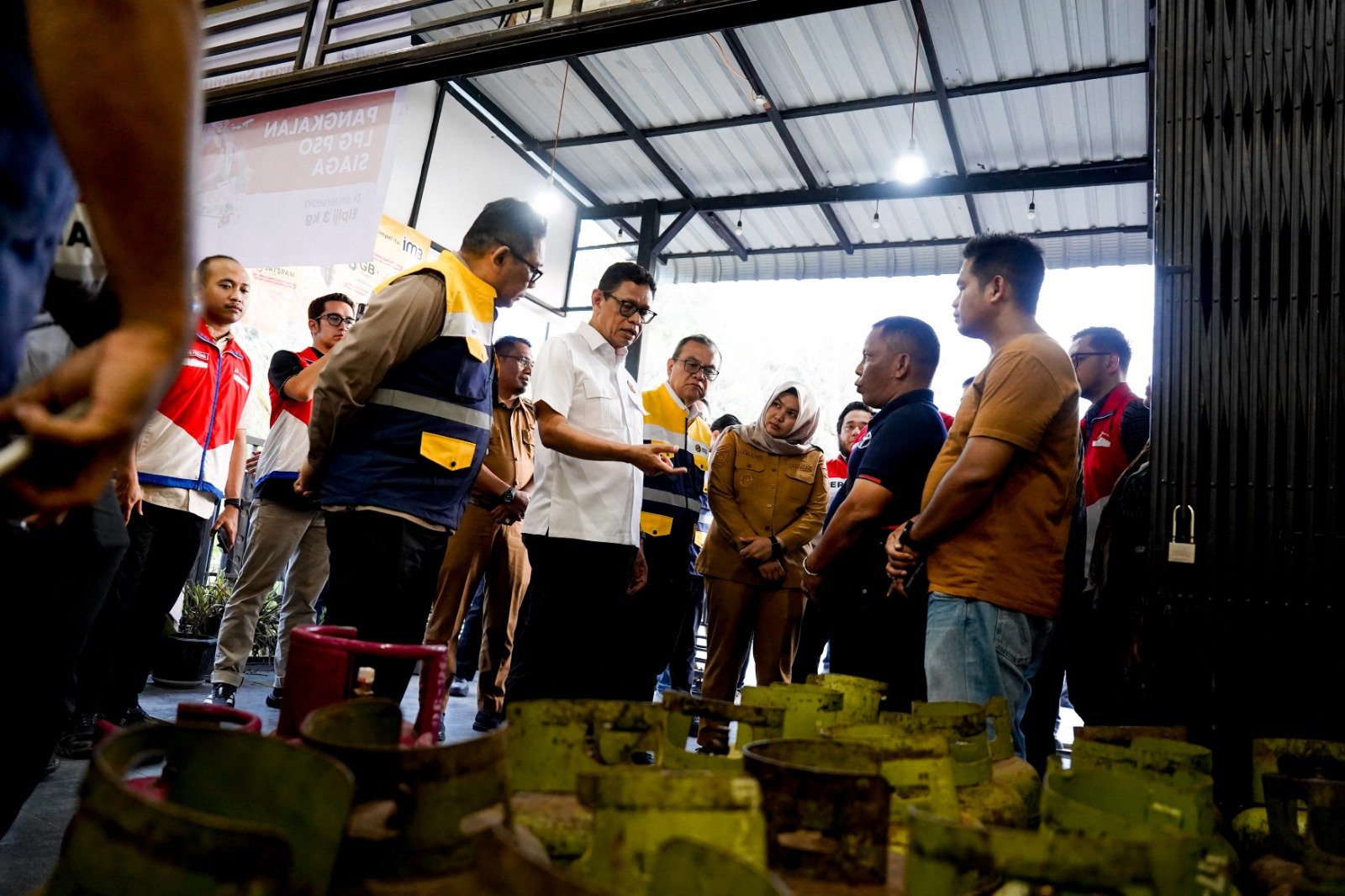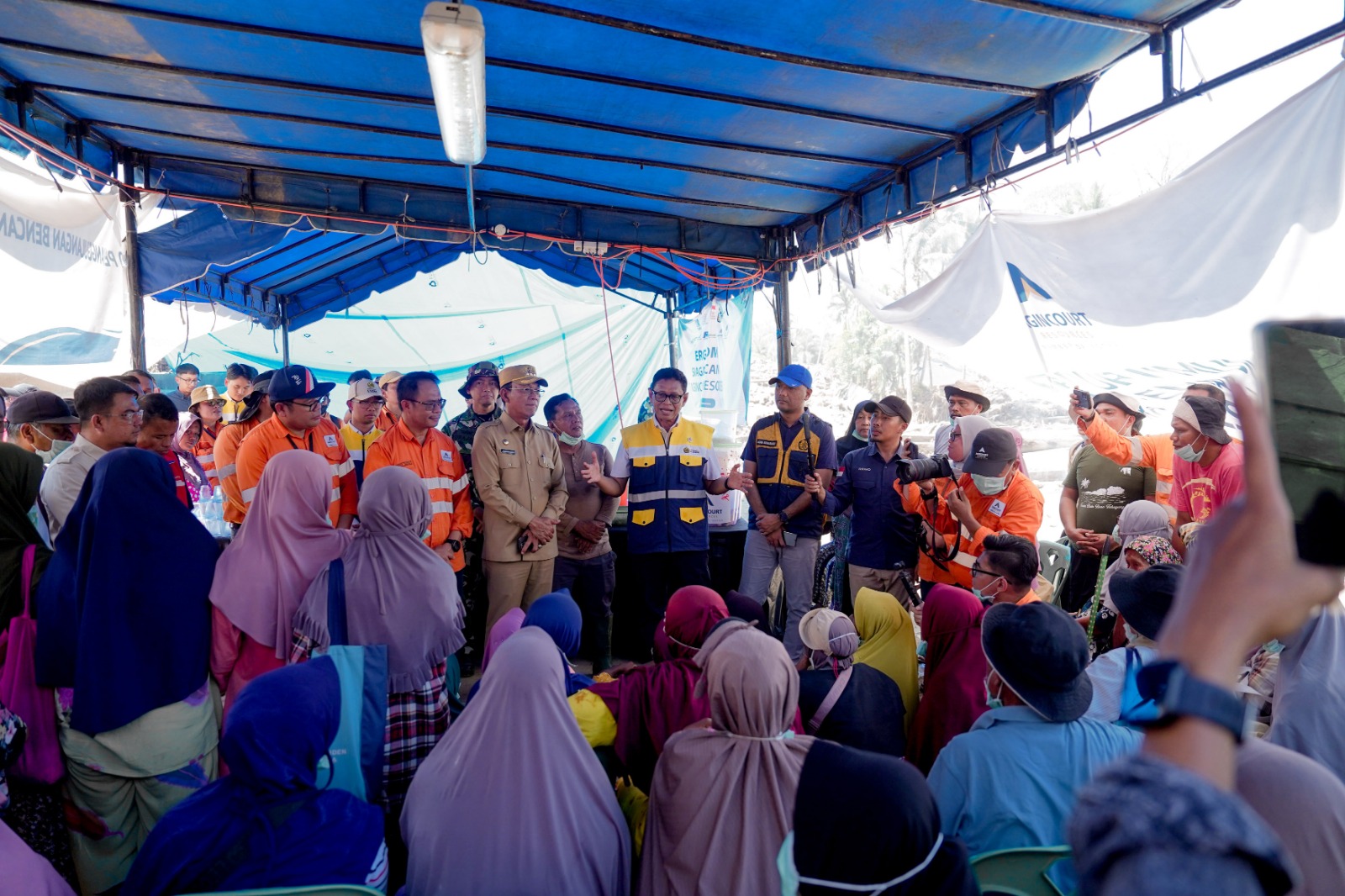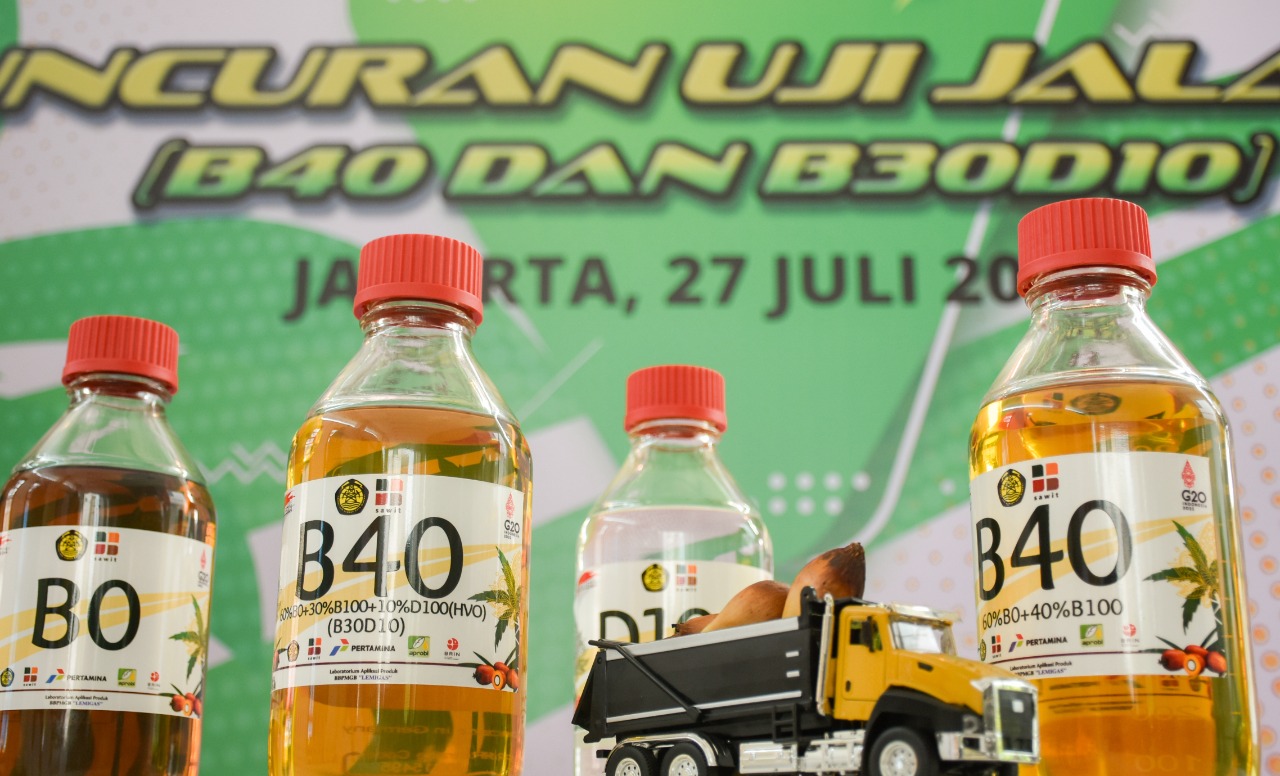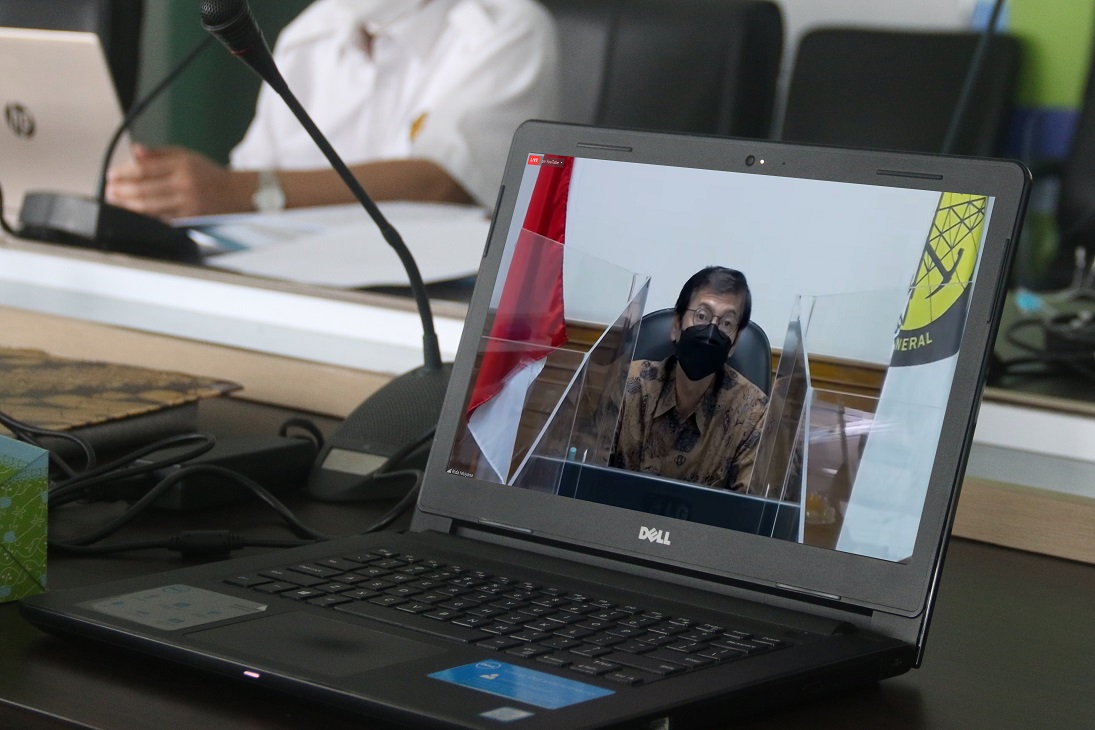
Energy Ministry to Issue Fly Ash Management SOP
MINISTRY OF ENERGY AND MINERAL RESOURCES
PRESS RELEASE
NUMBER: 118.Pers/04/SJI/2021
Date: 1 April 2021
Energy Ministry to Issue Fly Ash Management SOP
Standard Operating Procedures (SOP) on the management of fly ash and bottom ash (FABA) prepared by Ministry of EMR and business groups have come to finalization phase, Director General of Electricity of Indonesian Ministry of Energy and Mineral Resources (EMR) Rida Mulyana has said in a webinar titled the Potential for Using FABA from Coal-Fired Power Plants for People's Welfare organized by Ruang Energi on Thursday (1/4).
"The SOP will serve as reference for coal-fired power plants in managing FABA. This way, FABA will be managed well, that is, besides being safe to the environment, FABA will also bring benefits to the people and the country," said Rida.
Rida said that in draft Electricity Procurement Plan (RUPTL) of 2021-2030, power plant capacity addition in the next ten years reaches 41 GW, with coal-fired power plants dominating the share at 36% or 14 GW-15 GW.
"Considering the current generation condition, coal-fired power plants will act as base load power plants that will operate 24/7 and form the backbone of the national electricity supplies," stated Rida.
Based on Government Regulation Number 22 of 2021, FABA from coal-fired power plant activities is no longer listed as Hazardous and Toxic (B3) waste. Rida said the decision is consistent with the results of Toxicity Characteristic Leaching Procedure (TCLP) and lethal dose LD-50 tests. Additionally, the results of radionuclide content tests of FABA from coal power plants show that the value of pollutant concentrations are lower than the set value of radioactive contamination.
"With FABA delisted from B3 waste, the potential for FABA utilization has opened wide," said Rida.
Rida went on to quote data from Indonesian Chamber of Commerce and Industry (KADIN) in 2020 which says that the mixing of FABA with concrete will reduce production costs compared to the costs needed to make conventional concrete. Rida said this would create efficiency in the infrastructure construction budget of Rp4.3 trillion until 2028, and would potentially create employment in small and micro businesses.
On the same occasion, Suyud Warno Utomo from University of Indonesia said that the use of FABA offers a number of benefits, for example from environmental side (waste reduction, landfill area reduction), economic side (reduction in waste processing costs, having sales value), and product side (as material mix/increasing material strength). However, Suyud said that the use of FABA for various purposes does not mean that it can be used freely without any limitations.
In a similar vein, Rida underlined that businesses must manage FABA responsibly by focusing on environmentally friendly principles. He said that business people must also fulfilled the requirements set in Government Regulation Number 22 of 2021 and its derivative regulations that are being prepared by Ministry for Environment and Forestry. (IY)
Head of Bureau of Communication, Public Information Services, and Cooperation
Agung Pribadi (08112213555)
Share This!

